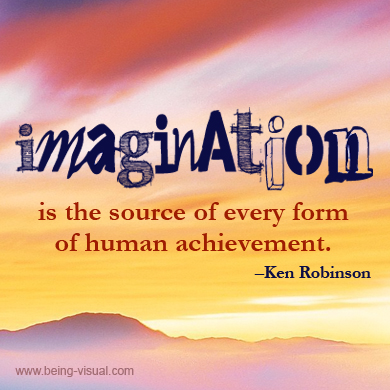
AGENDA:
1. Review course criteria/lab procedures and rules
2. Awesome! https://www.youtube.com/watch?v=RwlhUcSGqgs
3. Discuss the following excerpt and questions:
https://www.youtube.com/watch?v=1M5hs6ahcKU
"By awakening our imagination, art intensifies and complements our own experience. Art represents people, cultures, values, and perspectives on living, but it does much more. While bringing us pleasure, art teaches us. While reading or contemplating a painting our minds go elsewhere. We are taken on a journey into a world where form and meaning are intertwined.
Form matters and gives pleasure. How a work of art is organized — its technique, its verbal or visual texture, its way of telling — gives pleasure. So does the inextricable relation between form and content. The form of imaginative art, as well as the form of well-written non-fiction, organizes the mess (if not the chaos) of personal life as well as that of external events. Form not only organizes and controls art but also other bodies of knowledge within the humanities. Form imposes structure that our own lives — as we move from moment to moment through time — may lack.
Narrative — sequential telling — imposes form as it orders and gives shape. Indeed, in the sense that each of us is continually giving shape to the stories we tell to and about ourselves, there is continuity between what we read and see and our own lives. Put another way, what we read teaches us to find narratives within our own lives and hence helps us make sense of who we are. Our seeing shapes and patterns in stories and other kinds of art helps give interpretive order — in the form of a narrative that we understand — to our lives. We live in our narratives, our discourse, about our actions, thought, and feelings.
While there is always a gulf between imagined worlds and real ones, does not the continuity between reading lives and reading texts depend on our understanding reading as a means of sharpening our perceptions and deepen our insights about ourselves? Reading is a process of cognition that depends on actively organizing the phenomena of language both in the moment of perception and in the fuller understanding that develops retrospectively."
Daniel Schwartz, Huffington Post
No comments:
Post a Comment